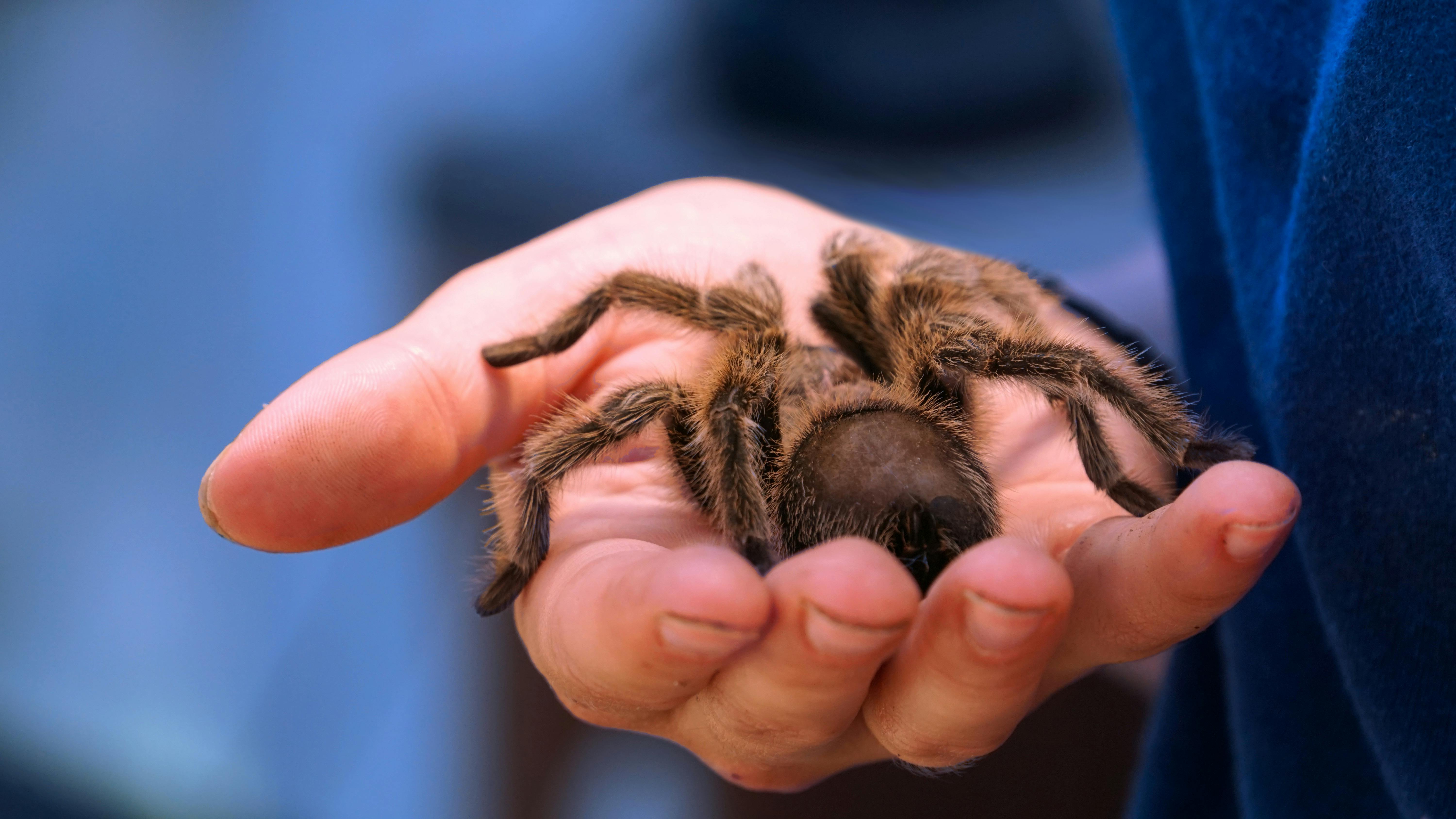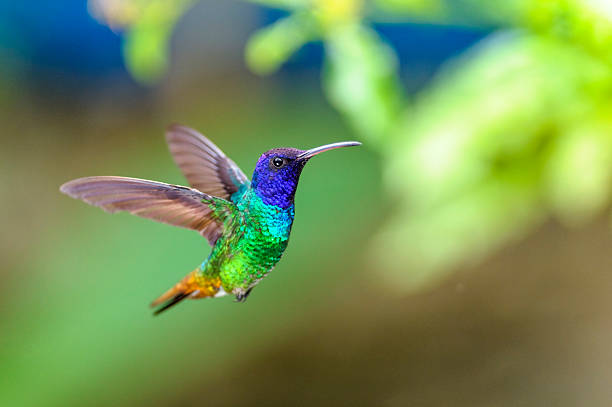The Emergence of Pet Culture and Its Societal Implications
In the fabric of modern society, a unique thread has begun to weave itself into prominence. This thread, often overlooked, is the burgeoning pet culture and its far-reaching implications on our societal structure. As we delve deeper into this phenomenon, we must trace its roots, dissect its present, and speculate about its future trajectory.

The Historical Context of Pet Ownership
The bonding between humans and animals dates back to prehistoric times when early humans began domesticating animals for practical reasons. Over the centuries, this relationship evolved into a social and emotional bond, leading to the concept of pets. In the 19th century, with the rise of urbanization and the middle class, pets began to be seen as companions and status symbols. This period marked the genesis of pet culture, which has since spiraled into diverse and complex forms.
The Modern Pet Culture: The Shift from Ownership to Parenthood
Today, pet culture has transcended the boundaries of mere ownership. Pets are now considered family members, with owners often referring to themselves as ‘pet parents’. This shift is evident in our spending habits and lifestyle choices. The pet industry has boomed, with pet food, accessories, healthcare, and even pet insurance becoming commonplace. This trend reflects a deeper sociological shift – a move towards empathy, compassion, and a broader definition of family.
The Social Movement: Pets as Emotional Support
The increasing recognition of pets as emotional support animals is a testament to the profound psychological role pets play in our lives. Studies have shown that pets can alleviate stress, anxiety, and depression, fostering a sense of emotional well-being. This has led to the adoption of pets, especially during the COVID-19 pandemic, as a means of combating loneliness and promoting mental health.
The Societal Impact: Pets and Community Building
Pets also play a significant role in community building. Pet-friendly spaces and events are common, encouraging social interaction among pet parents. Pets also foster a sense of responsibility and compassion in children, teaching them valuable life lessons. On a larger scale, the shared love for pets bridges social, racial, and cultural divides, fostering a sense of unity and mutual respect.
The Future Trajectory: A More Inclusive Society
As pet culture continues to evolve, we can expect society to become more inclusive and empathetic towards animals. Legislative changes protecting animal rights, the growth of veganism, and the increasing adoption of rescue animals are all signs of this shift. As we continue to explore our relationship with pets, one thing is certain – they are no longer just pets; they are an integral part of our society and our lives.
Read below to explore the fascinating world of pet culture and its far-reaching societal implications. From our historical relationship with pets to the modern-day movement of pets as emotional support, this article offers a unique perspective on an often overlooked aspect of our society.





